New policy cites the island's violation of economic pact, "independence" rhetoric
The Chinese mainland's latest decision to suspend tariff reductions for 134 products from Taiwan comes in response to Taiwan authorities' stance on cross-Strait relations and their failure to honor commitments under the Economic Cooperation Framework Agreement, senior officials said on Friday.
Earlier the same day, the Tariff Commission of the State Council opted to discontinue the preferential tariff treatment under the ECFA, a comprehensive economic pact signed in 2010, for certain products from Taiwan including chemicals, machinery and textiles.
Preferential treatment will end on June 15.
The fundamental reason for halting the concessions is the refusal of Taiwan's new leader, Lai Ching-te, and his administration to acknowledge the 1992 Consensus that embodies the one-China principle, said Chen Binhua, spokesman for the Taiwan Affairs Office of the State Council.
Taiwan's authorities have long imposed discriminatory trade restrictions on over 2,500 mainland products, violating provisions of the ECFA that stipulate the gradual reduction or elimination of tariffs and non-tariff barriers on substantial trade goods.
Prior to Friday's decision, the mainland had announced the suspension of tariff reductions for 12 products, including propylene, under the ECFA, as a countermeasure on Dec 21.
However, Taiwan's ruling Democratic Progressive Party failed to take any measures to lift trade restrictions against the mainland. Instead, they intensified promotion of "Taiwan independence" separatist rhetoric, fueling cross-Strait tensions and jeopardizing the foundation of ECFA implementation, said a spokesperson for the Ministry of Commerce.
As a result, mainland authorities were compelled to further suspend tariff reductions for certain products under the ECFA. The responsibility for this escalation lies entirely with the DPP authorities, the spokesperson said.
The discriminatory measures pursued by Taiwan not only undermine the interests of businesses on both sides but also have wider implications for the well-being of people across the Strait, officials and experts said.
The total value of goods imported from Taiwan by the mainland, according to the General Administration of Customs, amounted to nearly $200 billion in 2023. Meanwhile, statistics from Taiwan's finance department indicated that Taiwan's total annual exports in 2023 stood at $432 billion, meaning that nearly half of Taiwan's exported goods are destined for businesses and consumers on the mainland.
Within the ECFA, the mainland had granted preferential tariff rates on 539 items from Taiwan. Now, almost 150 items have been suspended, said Xu Hongcai, deputy director of the China Association of Policy Science's Economic Policy Committee.
The cessation of preferential tariffs on certain goods will have a considerable impact on Taiwan's export volume and overall economy, with its businesses and citizens being severely affected, Xu added.
The ECFA was signed by the mainland and Taiwan based on the common political foundation of the 1992 Consensus, said Chen, noting that it was agreed that any issues arising during implementation could be resolved through cross-Strait consultations.
However, Lai has stubbornly stuck to the "Taiwan independence" stance, and fueled cross-strait confrontation and economic disengagement, severely undermining the foundation of cross-Strait negotiations and ECFA implementation, Chen added.
"Pursuing 'Taiwan independence' leads to neither peace nor development. Instead, it only brings harm to Taiwan, causing damage to the interests of Taiwan businesses and the public," Chen said.








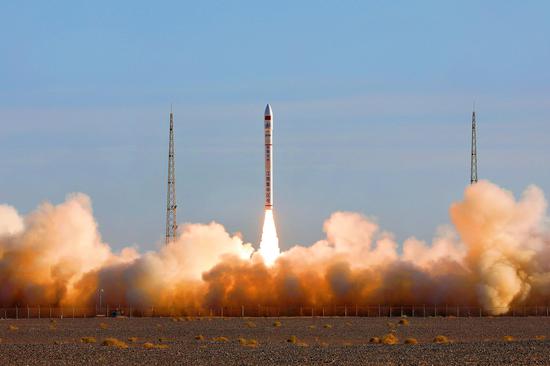
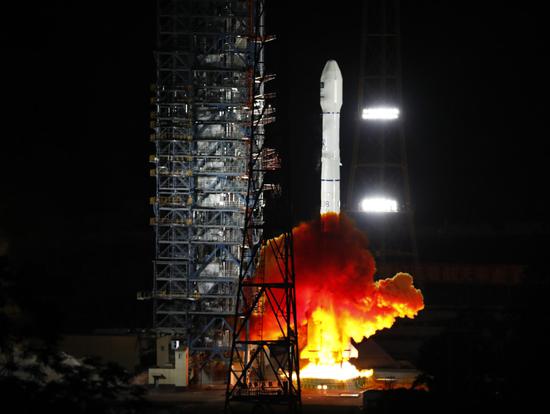
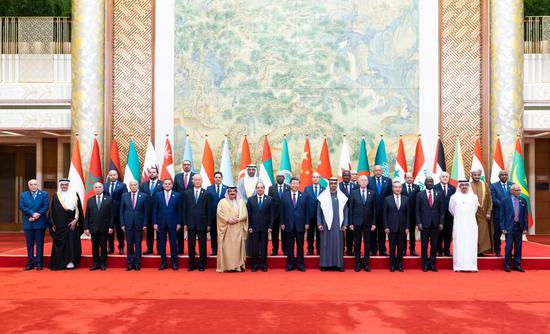
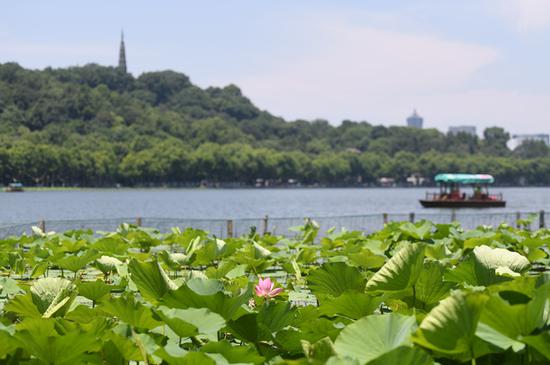
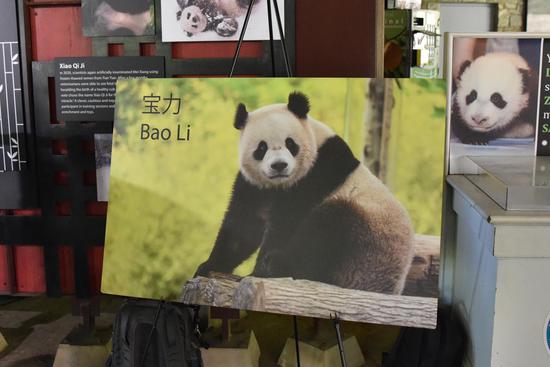
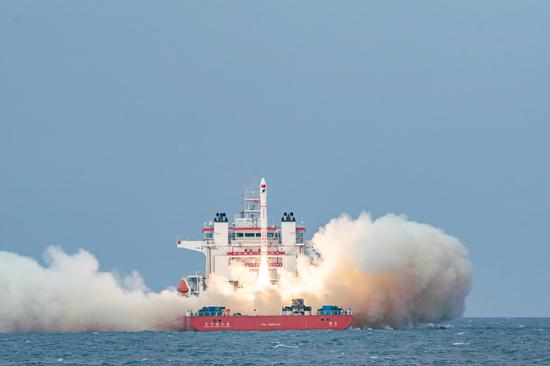
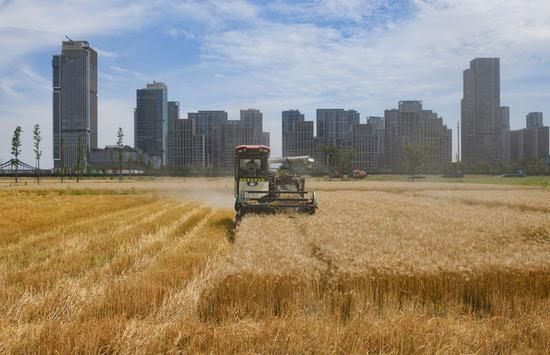
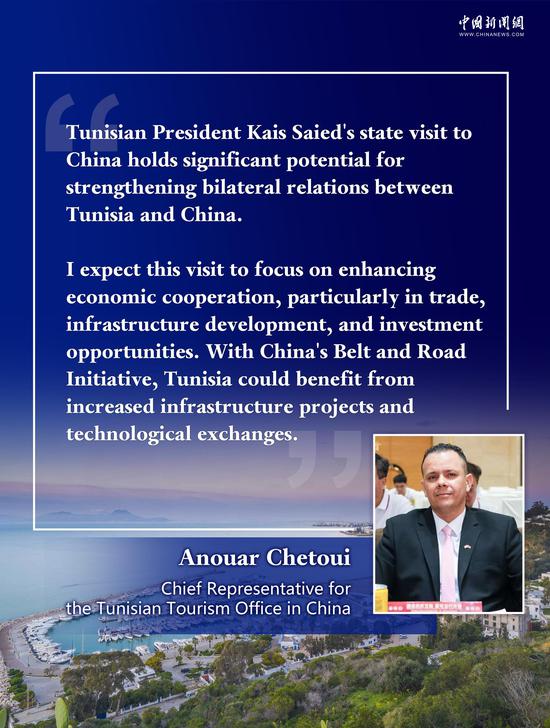
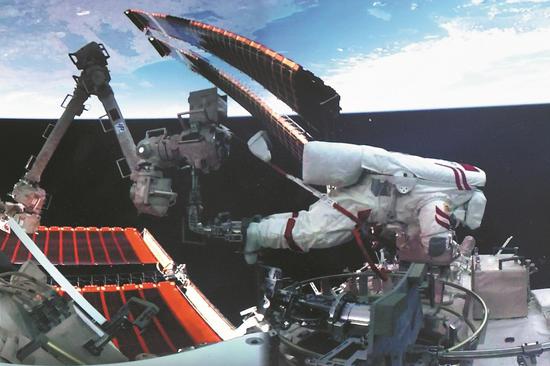


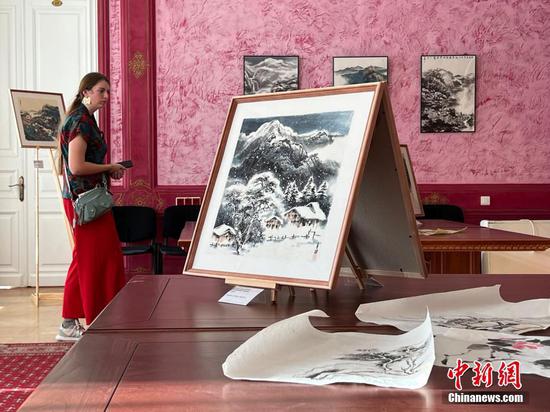


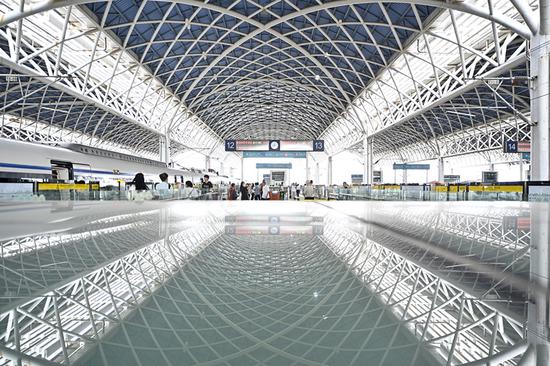

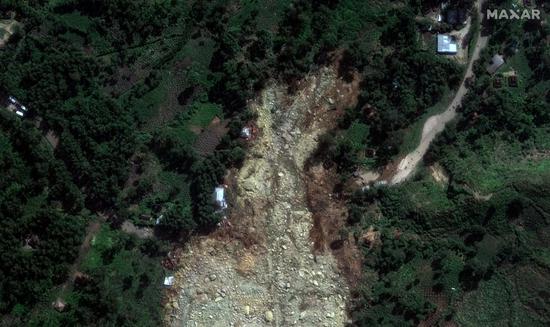

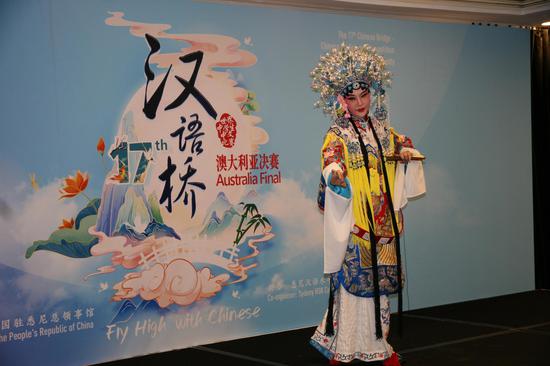





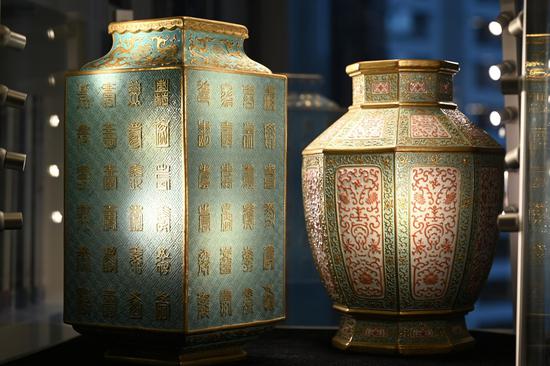
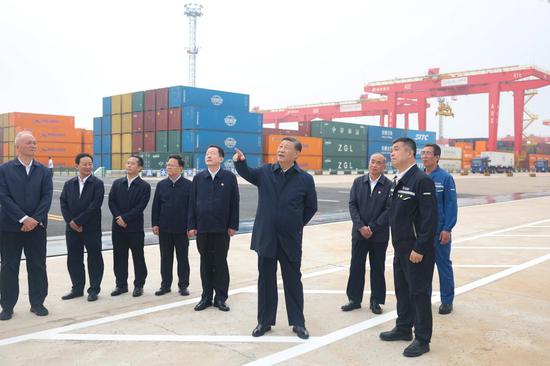

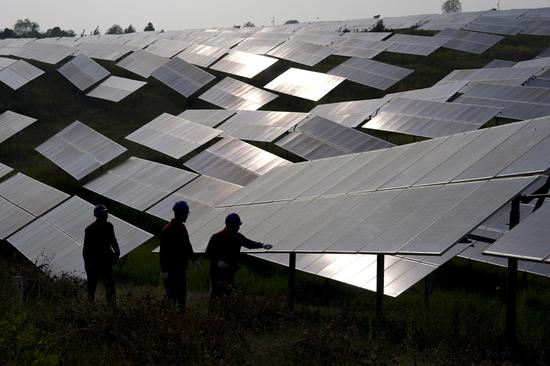
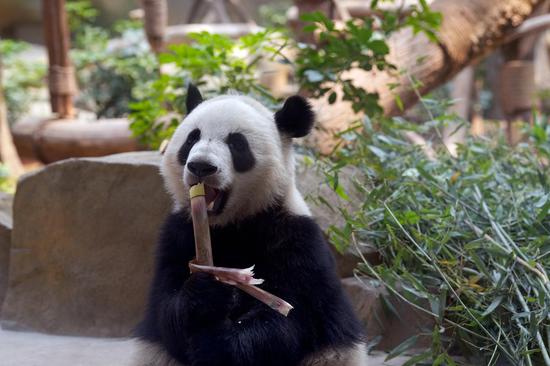
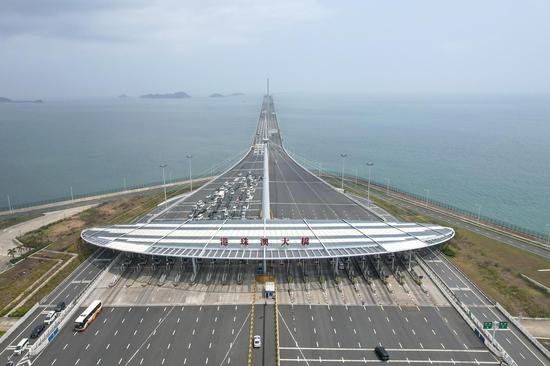

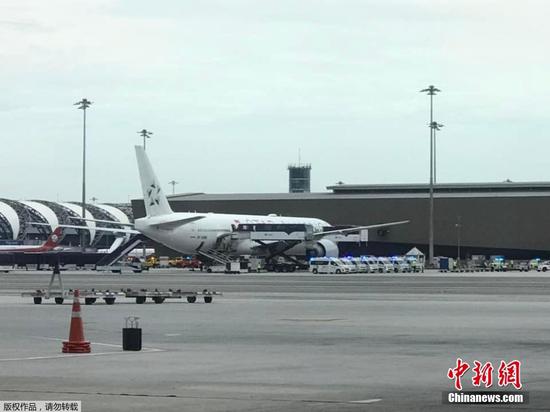

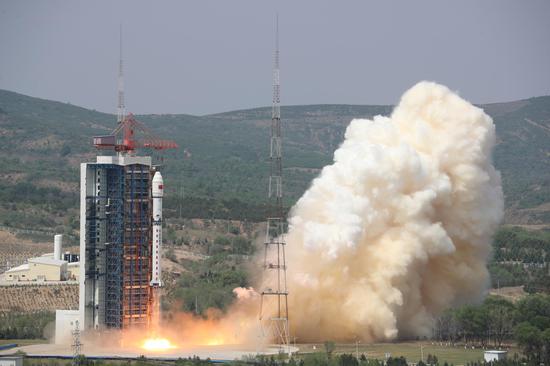
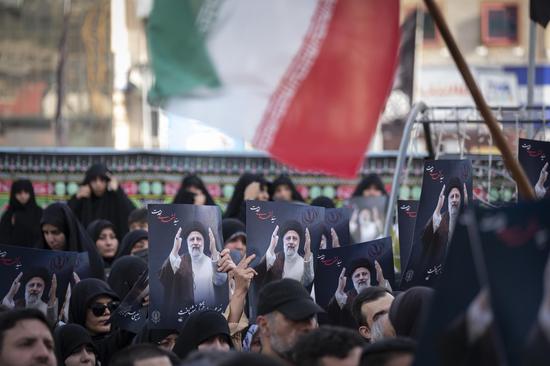
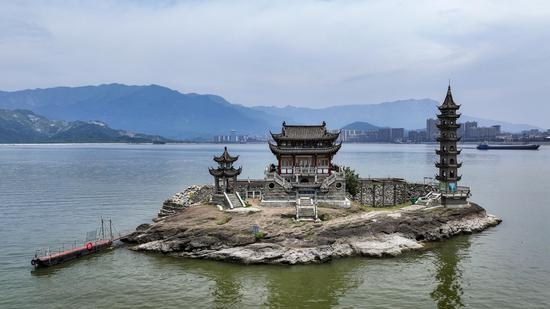






 京公网安备 11010202009201号
京公网安备 11010202009201号